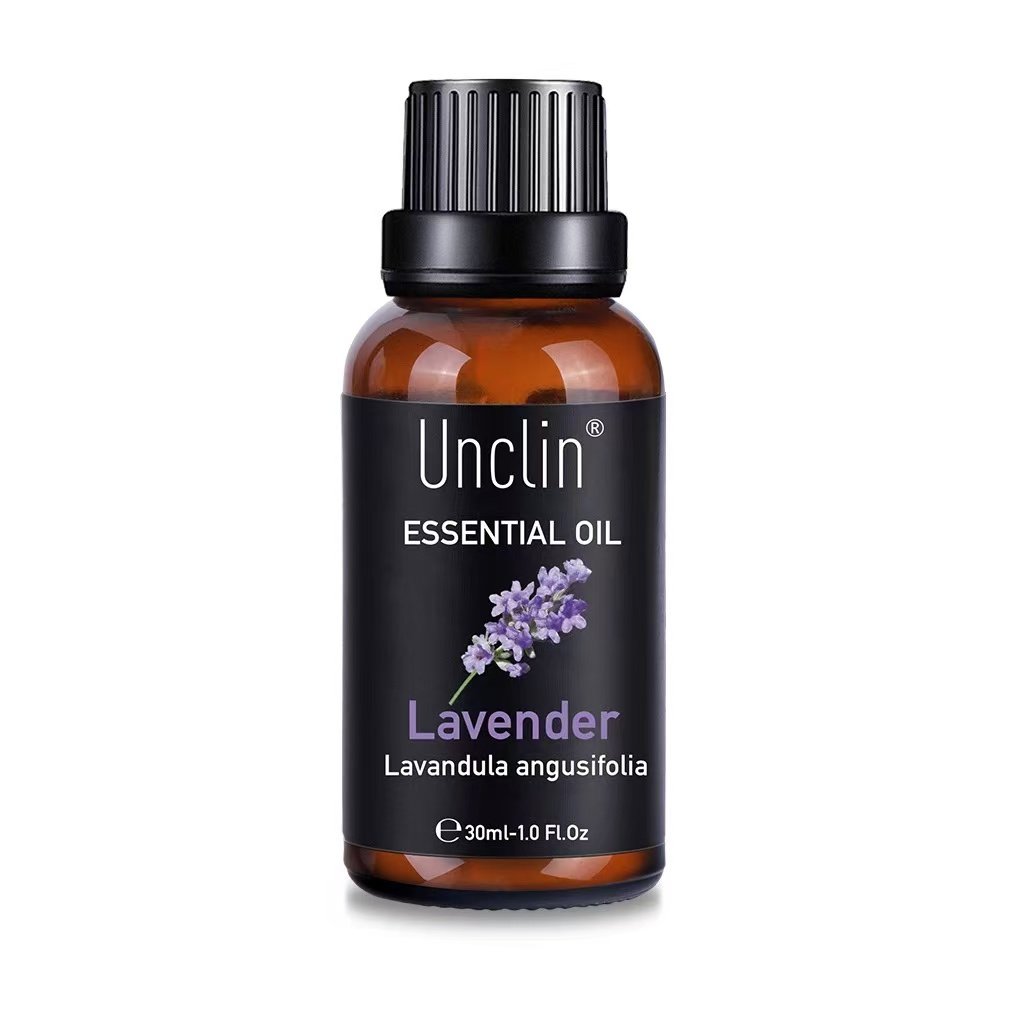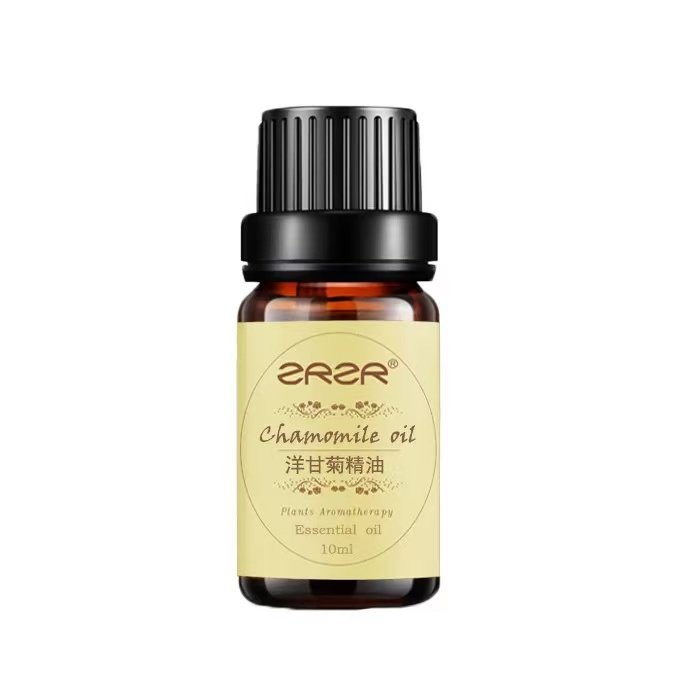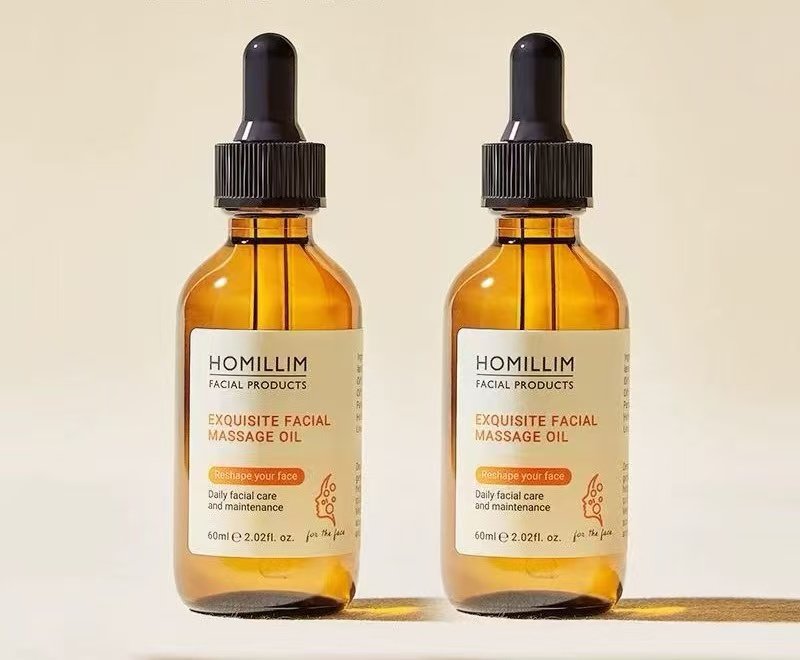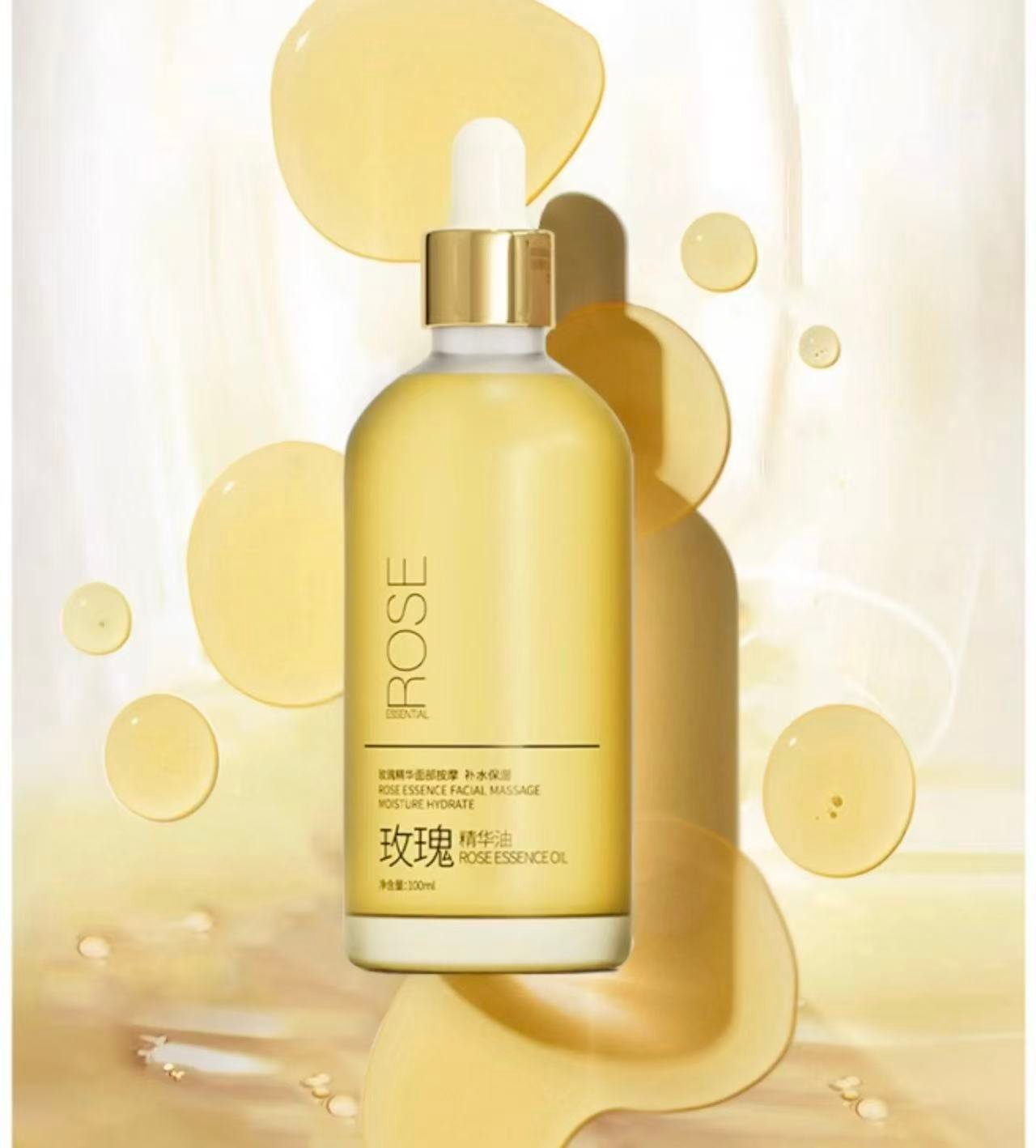From the perspective of TCM, using oil to nourish the skin is a practice that goes beyond cosmetics—it is a holistic approach to maintaining health, harmony, and vitality. By replenishing yin, protecting the skin’s natural barrier, and supporting internal organ health, oils play a vital role in achieving radiant, resilient skin.
The Importance of Using Oil to Nourish the Skin in Traditional Chinese Medicine
In Traditional Chinese Medicine (TCM), the skin is considered an external reflection of the body’s internal health, closely connected to the balance of yin and yang, as well as the flow of qi (vital energy) and blood. Nourishing the skin with oil is a practice deeply rooted in TCM philosophy, especially as it aligns with the seasonal and holistic principles of well-being.
The Skin in TCM: A Window to Internal Health
- Balance of Yin and Yang:
- The skin’s moisture and elasticity are associated with yin energy, which represents nourishment, hydration, and cooling properties in the body.
- When yin is deficient, the skin becomes dry, rough, and prone to aging. Oils help replenish this lost moisture, restoring the skin’s balance.
- Meridians and Organ Connection:
- TCM views the skin as closely tied to the health of the Lung and Kidney meridians.
- The Lungs govern the skin’s condition, controlling its vitality and resilience. Dry or sensitive skin often signals a Lung deficiency.
- The Kidneys store the essence (jing) responsible for skin renewal and anti-aging. Oils infused with nourishing properties support these organs indirectly.
- Protective Barrier Against External Harm:
- TCM recognizes the skin as a defense layer (Wei Qi) against external pathogens like wind, dryness, and cold. Oils create a protective layer that shields the skin from these elements, preventing dehydration and damage.
Seasonal Importance of Oils: A TCM Perspective on Winter
Winter, governed by the Water element in TCM, is a time of yin dominance. This season is marked by cold and dryness, which sap the skin of moisture and disrupt its barrier. Oils are essential for:
- Replenishing Yin: Winter’s harshness depletes the body’s yin energy, leading to dry and cracked skin. Oils help restore hydration and balance.
- Sealing in Warmth: Warming oils such as sesame or ginger-infused oils can enhance circulation and protect against the cold, promoting overall skin health.
- Nurturing the Kidneys: Oils rich in nutrients align with the winter focus on nurturing the Kidney meridian, which governs longevity and vitality.
How TCM Recommends Oils for Skin Nourishment
- Type of Oils:
- Moisturizing Oils: Rose, sandalwood, and camellia oil are favored for their yin-enhancing properties.
- Circulation-Boosting Oils: Ginger and cinnamon oils stimulate blood flow, keeping skin warm and nourished.
- Application Techniques:
- TCM emphasizes the importance of massage to stimulate the meridians and improve qi flow. Applying oil with gentle, circular motions enhances absorption and promotes healing.
- Holistic Integration:
- Oils are not just for external use. In TCM, food-grade oils such as sesame and walnut oil are also consumed to nourish the skin from within, supporting a balanced system.
Choosing Essential Oils for Different Skin Types: A Professional Guide
Essential oils can transform your skincare routine, but their effectiveness depends on choosing the right type for your skin. Each skin type has unique needs, and specific essential oils cater to those requirements. Here’s a breakdown of which essential oils work best for different skin types, along with their benefits and usage tips.
1. Dry Skin
Dry skin lacks sufficient oil and moisture, often leading to tightness, flakiness, and premature aging. Essential oils for dry skin should focus on hydration, nourishment, and repair.
Recommended Essential Oils:
- Rose Essential Oil: Deeply moisturizing and soothing, reduces redness and restores elasticity.
- Sandalwood Essential Oil: Helps retain moisture and provides anti-inflammatory benefits.
- Geranium Essential Oil: Balances hydration levels and improves skin texture.
- Sweet Almond Oil (Carrier Oil): Rich in vitamins and fatty acids, perfect for blending with essential oils.

Usage Tips: Mix a few drops of the essential oil with a hydrating serum or cream. Alternatively, blend it with a carrier oil and use it as a night treatment.
2. Oily Skin
Oily skin is characterized by excessive sebum production, making it prone to clogged pores, blackheads, and acne. The right essential oils should regulate sebum production and have antibacterial properties.
Recommended Essential Oils:
- Tea Tree Essential Oil: Antimicrobial and anti-inflammatory, reduces acne and prevents breakouts.
- Lavender Essential Oil: Calms the skin and balances oil production.
- Lemongrass Essential Oil: Natural astringent that tightens pores and controls excess oil.
- Jojoba Oil (Carrier Oil): Mimics natural sebum, helping balance oil production.
Usage Tips: Dilute essential oils with a carrier oil or add them to your toner. Use as a spot treatment for acne or mix into a clay mask for pore cleansing.
3. Combination Skin
Combination skin has oily areas (usually the T-zone) and dry patches (cheeks or jawline). Essential oils for this skin type should balance oil production while providing hydration to drier areas.
Recommended Essential Oils:
- Geranium Essential Oil: Balances sebum and hydrates dry areas without clogging pores.
- Rosemary Essential Oil: Controls oil and tightens pores, while improving circulation.
- Ylang-Ylang Essential Oil: Regulates oil production and soothes irritation.
- Grapeseed Oil (Carrier Oil): Lightweight and non-comedogenic, ideal for combination skin.
Usage Tips: Customize your routine by applying different oil blends to specific areas of your face, or use one universal blend that addresses both dryness and oiliness.
4. Sensitive Skin
Sensitive skin often reacts to irritants with redness, itching, or inflammation. It requires gentle, soothing essential oils that calm irritation and strengthen the skin barrier.
Recommended Essential Oils:
- Chamomile Essential Oil: Reduces redness and soothes sensitive or inflamed skin.
- Frankincense Essential Oil: Calms irritation while promoting skin healing and rejuvenation.
- Rosehip Oil (Carrier Oil): Packed with antioxidants and vitamins, supports skin repair and hydration.
- Calendula Essential Oil: Known for its anti-inflammatory and skin-calming properties.

Usage Tips: Always perform a patch test before using any new oil. Dilute essential oils heavily with a carrier oil to avoid irritation. Use as part of your nighttime routine for maximum benefits.
5. Mature or Aging Skin
Mature skin needs essential oils that support elasticity, boost collagen production, and reduce fine lines and wrinkles.
Recommended Essential Oils:
- Frankincense Essential Oil: Stimulates cell renewal and minimizes the appearance of fine lines.
- Rose Essential Oil: A powerhouse for hydration and anti-aging, improves skin elasticity.
- Carrot Seed Essential Oil: Rich in antioxidants, helps repair sun damage and rejuvenate the skin.
- Argan Oil (Carrier Oil): Packed with vitamin E and fatty acids, deeply nourishes and softens the skin.
Usage Tips: Mix essential oils into your favorite anti-aging cream or serum. Use as a massage oil to stimulate circulation and enhance absorption.
General Tips for Essential Oil Use
- Dilution is Key: Always dilute essential oils with a carrier oil (e.g., jojoba, sweet almond, grapeseed) to prevent irritation. A common ratio is 2-3 drops of essential oil per tablespoon of carrier oil.
- Patch Test First: Test a small amount on your wrist or behind your ear to ensure no adverse reaction.
- Avoid Photosensitive Oils: Oils like citrus (e.g., lemon, orange) can cause photosensitivity. Use them at night or with proper sun protection.
- Customize Your Routine: Adjust oil blends based on your skin’s current condition or seasonal needs.
By selecting the right essential oil for your skin type and using it correctly, you can achieve targeted skincare benefits while enjoying the therapeutic effects of these natural wonders.







